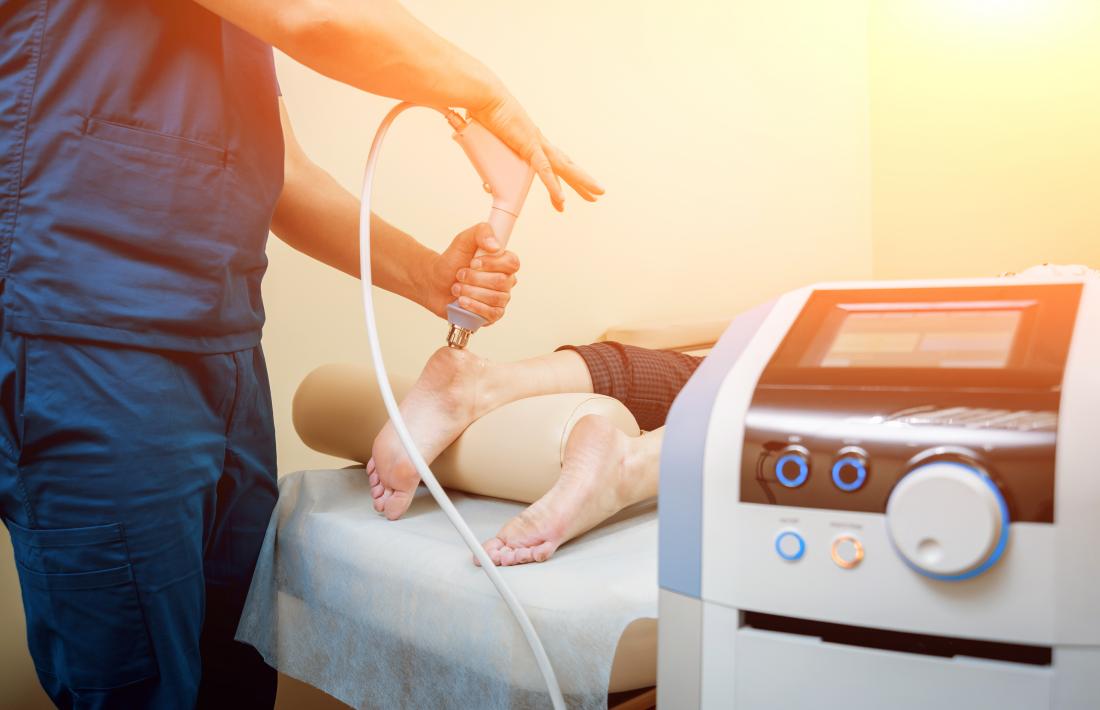Comprehending Excessive Sweating: Dermatology Insights on How to Stop Sweaty Hands
Comprehending Excessive Sweating: Dermatology Insights on How to Stop Sweaty Hands
Blog Article
Understanding the Source of Excessive Sweating and Its Effect On Every Day Life
Too much sweating, also referred to as hyperhidrosis, is a condition that influences a considerable part of the populace, yet its hidden causes and effects on day-to-day working stay somewhat enigmatic. While it is generally comprehended as a physical reaction to regulate body temperature level, the triggers for excessive sweating can differ extensively among individuals, incorporating not just physical elements yet psychological and likewise psychological elements. The impact of this problem extends beyond plain discomfort, usually influencing social communications and overall top quality of life. By delving right into the source of hyperhidrosis and exploring its multifaceted effects, a deeper understanding of this pervasive problem can be obtained, clarifying the complexities that people coming to grips with excessive sweating browse on an everyday basis.
Physiology of Sweat Glands
The guideline of sweat manufacturing, a critical physiological procedure, is largely regulated by the task of sweat glands distributed across the human body. Sweat glands are categorized into two major kinds: eccrine and apocrine glands.
When the body temperature level increases, either due to physical task, high temperatures, or psychological tension, the worried system activates the gland to generate sweat. This sweat is composed primarily of water and electrolytes like sodium and chloride. The procedure of sweat manufacturing is essential for maintaining the body's interior temperature level within a narrow, optimum array, highlighting the critical role sweat glands play in human physiology.
Triggers for Excessive Sweating
In recognizing the origin causes of excessive sweating, it is essential to determine the triggers that can lead to this physical response. Physical effort, high temperature levels, and spicy foods are likewise known to cause extreme sweating in people prone to this problem.
Moreover, medicines such as some antidepressants, opioids, and particular supplements can additionally act as triggers for hyperhidrosis. Understanding these triggers is necessary in handling too much sweating efficiently - How to stop sweaty hands. By determining and resolving the specific triggers that motivate too much sweating in a specific, medical care suppliers can create personalized treatment plans to alleviate this problem and improve the individual's top quality of life
Medical Conditions Associated
Connected with extreme sweating are various clinical conditions that can intensify this physiological feedback. One typical condition is hyperhidrosis, a disorder defined by extraordinarily increased sweating that surpasses the body's thermoregulatory requirements. This can materialize in focal areas like the palms, soles, underarms, or face, impacting a person's high quality of life due to social humiliation and discomfort.
Additionally, endocrine problems such as hyperthyroidism, diabetes, and menopausal hot flashes can likewise result in excessive sweating. Hyperthyroidism triggers an overproduction of thyroid hormonal agents, increasing metabolism and setting off sweating. Diabetes mellitus can cause sweating episodes, specifically during hypoglycemic episodes when blood sugar levels drop too low. Menopausal hot flashes, credited to hormonal changes during menopause, can create abrupt and extreme sweating, frequently accompanied by flushing and heart palpitations.
Furthermore, infections like endocarditis, tuberculosis, and hiv have actually been linked with evening sweats, a common symptom known to disrupt rest and impact total wellness. These clinical conditions highlight the diverse series of underlying click here for info elements that can contribute to excessive sweating, requiring extensive evaluation and management by health care professionals.
Mental and psychological Elements

Influence On Social Communications
Too much sweating can have profound results on a person's capacity to involve conveniently in social communications. The noticeable indicators of sweat stains or damp patches on garments can cause shame and self-consciousness, creating people to take out from social scenarios. This withdrawal can impact connections, limitation social tasks, and hinder personal and specialist development.

In addition, the anxiousness and self-confidence issues stemming from extreme sweating can impact interaction and social abilities. People might struggle to focus on discussions, take part in group tasks, or reveal themselves confidently. visit our website This can bring about sensations of seclusion and solitude, as social links end up being challenging to keep.
Final Thought

While it is generally comprehended as a physical feedback to control body temperature level, the triggers for extreme sweating can vary extensively among people, including not just physical aspects but emotional and likewise psychological elements. By diving into the origin causes of hyperhidrosis and discovering its multifaceted impacts, a much deeper understanding of this pervasive issue can be gotten, shedding light on the intricacies that people grappling with extreme sweating browse on a daily basis.
Physical effort, high temperature levels, and spicy foods are also recognized to trigger extreme sweating in people susceptible to this problem. By recognizing and resolving the certain triggers get more that trigger too much sweating in a private, healthcare providers can establish personalized therapy plans to relieve this condition and boost the individual's top quality of life.
Extreme sweating can have extensive effects on a person's ability to involve comfortably in social communications.
Report this page